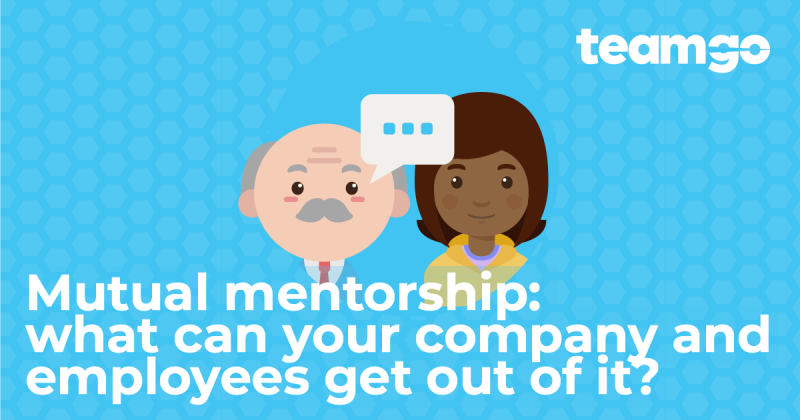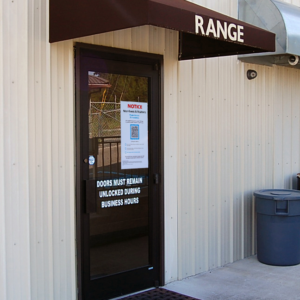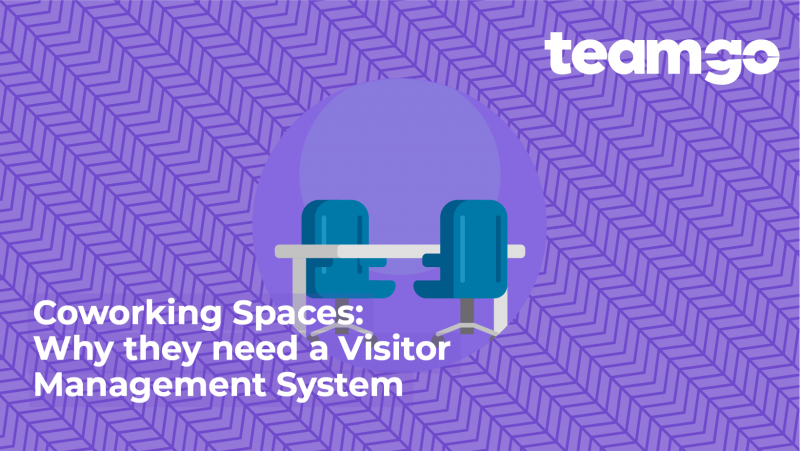The Millennial Workforce
Millennials, or Gen Ys, were born and educated in the unprecedented era of the internet, social media and cutting-edge technology, which exerts great influence in how they behave as workers. A growing demographic within the workforce, by 2025 Millennials will comprise 75% of all jobs available, according to a study by EY. In light of this, businesses have started putting considerable effort into adapting themselves to the changing labour force.
Millennials are an entrepreneurial generation. They were taught not to settle for just any job and that their innovative ideas are valuable; and they’re taking this lesson very seriously. In fact, one in every five Millennials plans to leave their current job to launch their own venture, according to a survey presented by LegalZoom on behalf of Buzz Marketing Group and the Young Entrepreneur Council.
Unlike their parents’ generation, who often opted for climbing the corporate ladder, Millennials don’t want a comfortable life-long employment. That’s because to them, a job is not just a way of making enough money to buy a house and eventually build a family. They want more from it. They want to find fulfilment, purpose and happiness through their work. Therefore, they would often prefer giving up job security to build something of their own.
That brings us to the next point.
With Millennials opening their own companies, stories of 20 something year olds with managerial or C-suite job titles have become commonplace. These young bosses are literally popping up everywhere. To put things into perspective, take this statistic: currently in the U.S., approximately 40% of workers have a boss who is younger than them. This characterises an empowered generation and a workforce that is renewing itself. But nobody is thinking of the consequences of that.
Millennials are quickly ascending to these leadership roles with little work experience (after all, they haven’t even been around for that long) and no formal leadership training, and that’s a problem.
Though these disruptive minds might have incredible digital intelligence skills, they lack the maturity and emotional intelligence of Baby Boomers and Gen Xs in running a business. However, there’s still an unrealistic expectation that the young leaders will have the same wisdom as their preceding generations and will succeed at the same rate. While they might soar to these pompous job positions, the fall can be just as abrupt. So, how can we fix that?
There’s a lot of talk about how diversity in the workplace is beneficial for companies, improving their talent pool, range of skills and promoting innovation. However, the focus always seems to be on cultural and gender diversity. Age diversity, on the other hand, gets very little attention within this topic.
For the first time in history, there are five different generations in the workforce at the same time. So why aren’t we taking advantage of that?
This is where I introduce you to the concept of mutual mentorship.
Mutual Mentorship
Here’s a lesson learned from Chip Conley, a Baby Boomer, boutique hotel entrepreneur and author of Windom @ Work: The Making of a Modern Elder.
In his 2018 TED Talk “What Baby Boomers Can Learn From Millennials at Work – and Vice Versa” Chip tells the audience about how lost he felt upon starting a new Advisor position at Airbnb. Being a mature-aged man among a bunch of 20-something-year-old tech wizards was intimidating. He had difficulty understanding the tech lingo and tools used around the office. He felt irrelevant and outdated among them.
Soon enough, though, he was paired with Laura Hughes, a young manager who helped him navigate this overwhelming experience, often acting as a translator for tech terms. Chip was meant to be an advisor, but here he was being advised by a Millennial.
In exchange, Chip provided Laura with valuable insights into how to manage people. He coached her on how to focus her leadership around people instead of metrics. Ultimately, he taught her the soft skills necessary for a leader to get the best out of her team.
Soon after that, Chip started being sought out by tens of other employees for private mentoring sessions. Truthfully, though, they were often mentoring each other. He went from an outsider, the odd one out, to being an integral part of the team and bringing unique skills to the table.
This is what mutual mentorship is about; a symbiotic relationship between two parties whereby the output is mutually beneficial.
Bridging skill gaps
It is important to recognise that different generations have distinct skill sets, working behaviours and ways of thinking which create gaps among them. Through mutual mentorships programs, companies can make sure to bridge these gaps, strengthening their workforce and deepening their sense of community to achieve full potential.
Some of these distinguishing characteristics of Gen Ys, Gen Xs and Baby Boomers were found by an EY research:
Gen Ys are more tech-savvy and eager to learn
Gen Xs are excellent team players and problem solvers
Baby Boomers are hard working and ethical
However, with Baby Boomers retiring in mass, companies are running out of time to ensure the knowledge is passed through the generations. According to Vik Kapoor, of the Forbes Coaches Council, most of these Baby Boomers will be out of the workforce by 2029. It is in the company’s best interest to capture older generations’ wisdom through mentorship programs so that younger generations can be prepared to fill in their shoes.
How do generations benefit?
Millennials and GenXs are hungry for knowledge. One of the things they seek the most in a job is the opportunity to obtain training and mentoring. Cross-generational mentorship can boost their motivation and commitment to the organisation, helping their career development, visibility within the organisation and improve job promotion prospects.
Baby Boomers, on the other hand, can obtain fulfilment by passing on their knowledge to younger generations who show gratitude for it. In exchange, they can use the youngsters’ help to explore the use of technology and emerging worldly trends to keep themselves relevant in the job market.
There is room for everyone to develop.
Final Thoughts
English poet John Donne once wrote the following verses
“No man is an island, entire of itself;
every man is a piece of the continent, a part of the main.”
I’ll take this further and say that
No generation is an island, entire of itself;
every generation is a piece of the continent, a part of the main.
If the five generations present in the workplace work separately, valuable knowledge and interactions will be lost. However, if they start working together, as a whole, there will be a multidirectional exchange of information that can unlock organisations’ full potentials.
As put by Chip Conley:
“with five generations now in the workplace, it’s quite like a potluck and a potluck’s a lot more interesting when people bring what they do best to the table.”
So, yes; Millennials might be the future of the workplace, as they are quickly substituting previous generations. However, that doesn’t mean Baby Boomers and Generation X’s values and wisdom should be ignored. They should be upcycled and incorporated into the work culture of the future workplace through mutual mentorship.
Based on Chip Conley’s TED Talk “What Baby Boomers Can Learn From Millennials at Work – and Vice Versa” :







